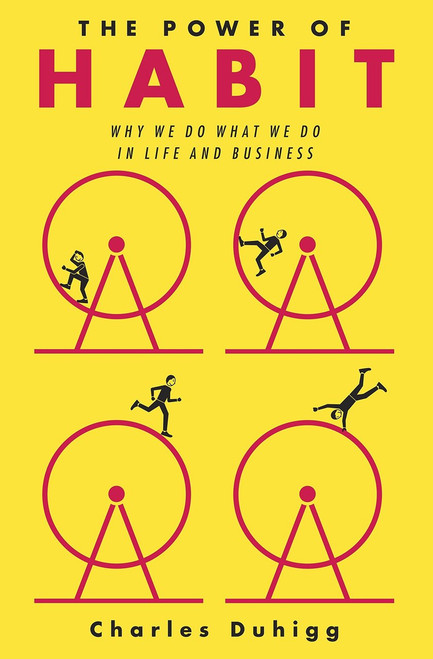Winner of the 2015 Book Prize for the Promotion of Social and Personality Science (Society for Personality and Social Psychology)
Why are we sometimes blind to the minds of others, treating them like objects or animals instead? Why do we talk to our cars, or the stars, as if there is a mind that can hear us? Why do we so routinely believe that others think, feel, and want what we do when, in fact, they do not? And why do we think we understand our spouses, family, and friends so much better than we actually do?
In this illuminating book, leading social psychologist Nicholas Epley introduces us to what scientists have learned about our ability to understand the most complicated puzzle on the planet--other people--and the surprising mistakes we so routinely make. Mindwise will not turn others into open books, but it will give you the wisdom to revolutionize how you think about them--and yourself.
Editorial Reviews
From Booklist
Despite its brand-name-sounding title (used only in the four-page afterword), Epley hasn't created a slick, marketable method. And this book isn't pop psychology but popularly written, genuine behavioral psychology, based on the findings of carefully constructed experiments. Its subject is the so-called sixth sense, by which humans descry what others feel, think, and know, and which we variously call intuition, sympathy, and mind reading. The experiments Epley describes verify its reality and, more important, that it isn't nearly as reliable as we assume; indeed, it's only modestly better than chance at rightly ascertaining particulars (e.g., opinions, preferences, details), even those of spouses, family members, and bosom friends. A number of attitudes get in the way of accurate mind reading, including egocentrism, anthropomorphism, and dehumanization. Proceeding from research findings, Epley analyzes those impediments before turning to the means for improving the sixth sense, which turns out to be asking questions of those we are trying to "read." Furthermore, Epley enjoins, the right kind of questions will ask what rather than why. Unexciting? Useful! --Ray Olson --This text refers to an out of print or unavailable edition of this title.







